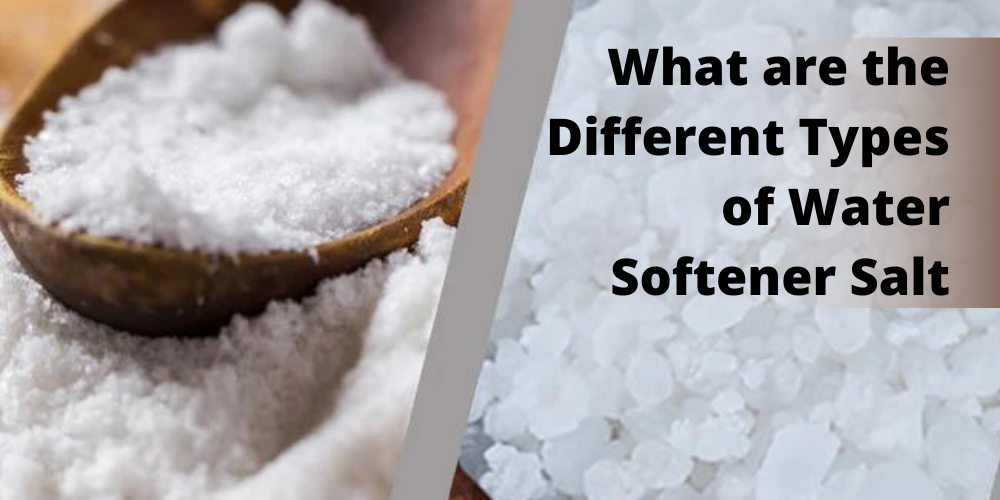You might have often come across the term hard water. Scientifically hard water is the form of water that contains high amounts of minerals like calcium and magnesium. It might not be particularly harmful for the body, but it can cause some bothersome side effects if used for a prolonged period. Unlike soft water, exposure to hard water dries out the skin and damages hair texture. It might end up clogging the pipes, damaging appliances, and leading to discoloration of clothes.
To get rid of the problem, you can use water softeners that remove the minerals from the water. Water softener salts generally come in the form of crystals, blocks or pellets. If you want to become aware of the type of water softener that might help reduce your water’s hardness, then approach a professional company for water softener salt in Bedfordshire, UK.
What are the types of water softener salt that you can buy?
Rock salt
This is the least processed form of water softener salt and is extracted during rock salt mining and crushing. It has a high sodium chloride content of around 90% or more, depending on the mining process initiated. All the rock salt is used as a water softener salt; however, it can damage or lock the water softener if the filter is not cleaned frequently. Some form of impurities in the rock salt might clog the four filters preventing the water from getting purified.
Solar salt
This is a form of salt acquired through the solar evaporation process. Since the salt is made from Brine, there are no impurities in this form of salt. Here the sodium chloride content is usually as high as 99%. Solar salt is generally widely used as a water softening salt and is available in solid or crystal forms. They are very effective and don’t cause any damage to the water softening plant.
Evaporated salt
Although the common process of salt formation is through evaporation, some water softener salt is processed using heated steam rather than the sun. In this process, the water evaporates, leaving the salt behind, which contains around 99% sodium chloride and is purely impurities-free.
This is an expensive salt form since the process is time-consuming and costly.
Approach Aqua Sensation water softeners, for more details on different types of water softening salts. To learn more check our website.

